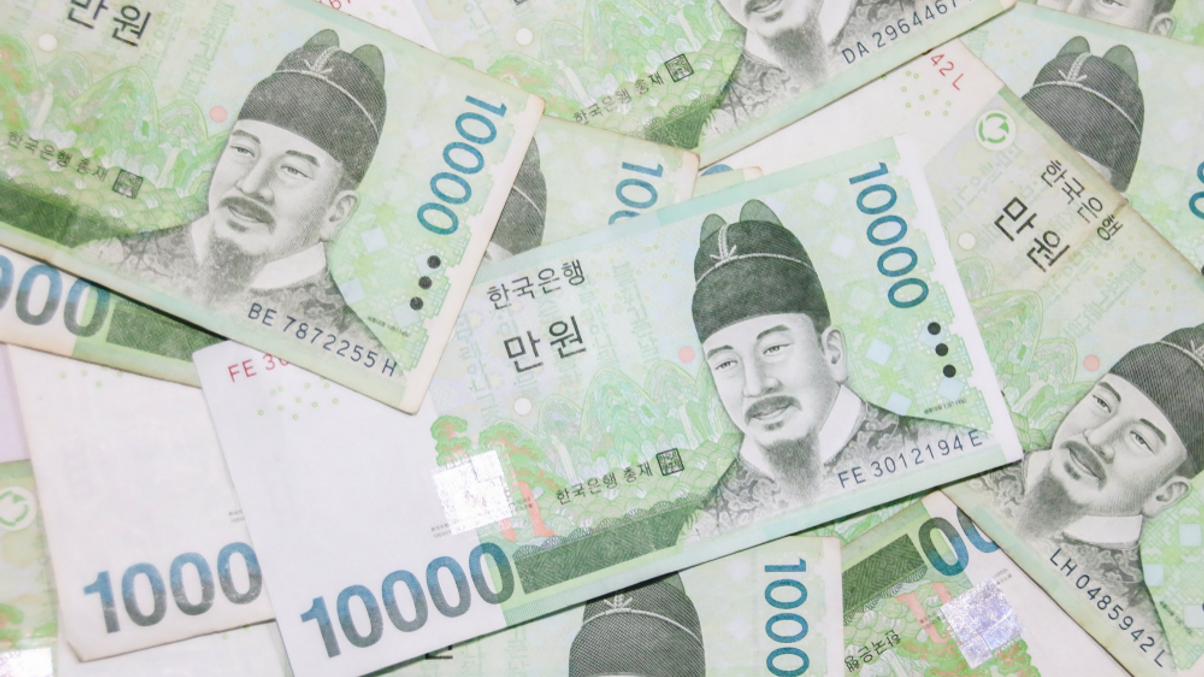Korea’s POBA sold assets, tweaked hedging to weather 2022
While dealing with global turmoil in markets, the Korean public pension fund faced capital calls and forex fluctuations, its CIO said.

While 2022 was an unusual year for asset owners universally, the year proved even more of a challenge for Korea’s Public Officials Benefit Association (POBA).
Sign in to read on!
Registered users get 2 free articles in 30 days.
Subscribers have full unlimited access to AsianInvestor
Not signed up? New users get 2 free articles per month, plus a 7-day unlimited free trial.
¬ Haymarket Media Limited. All rights reserved.


